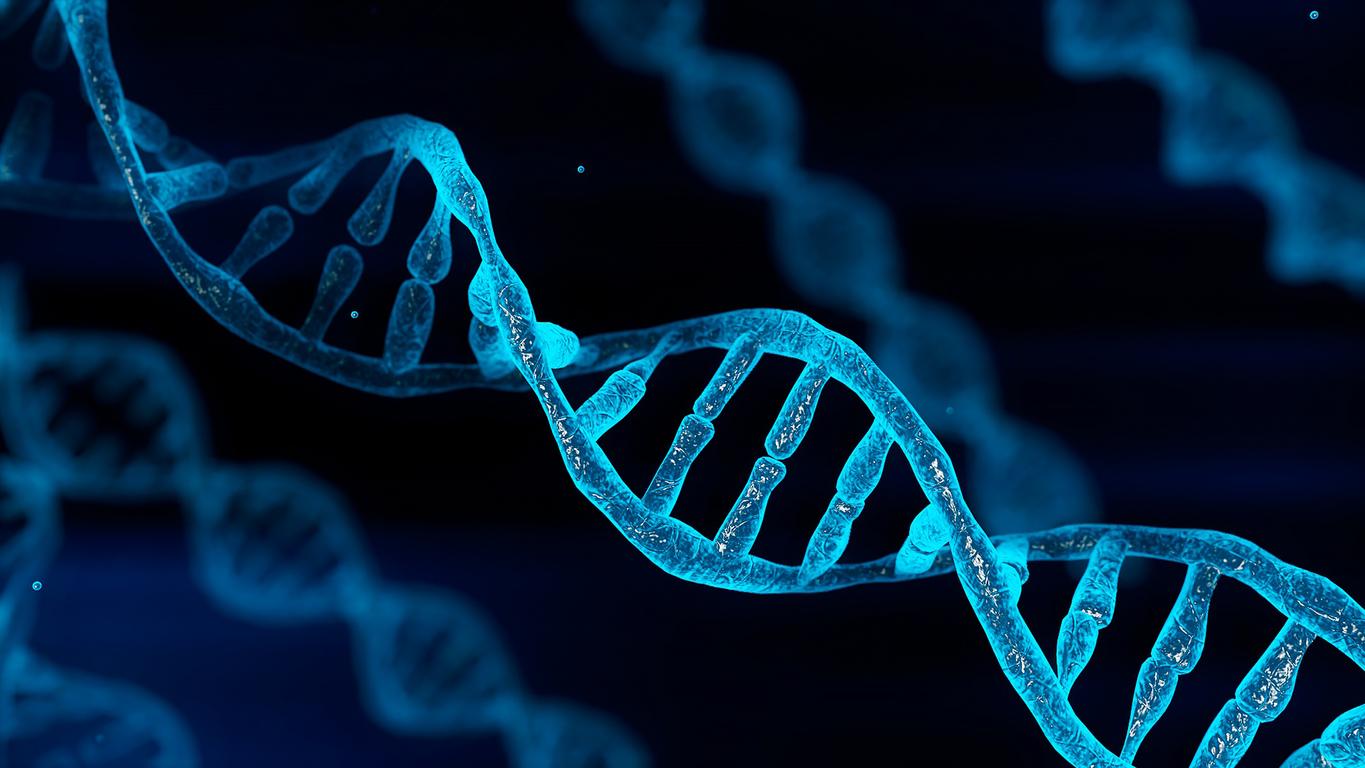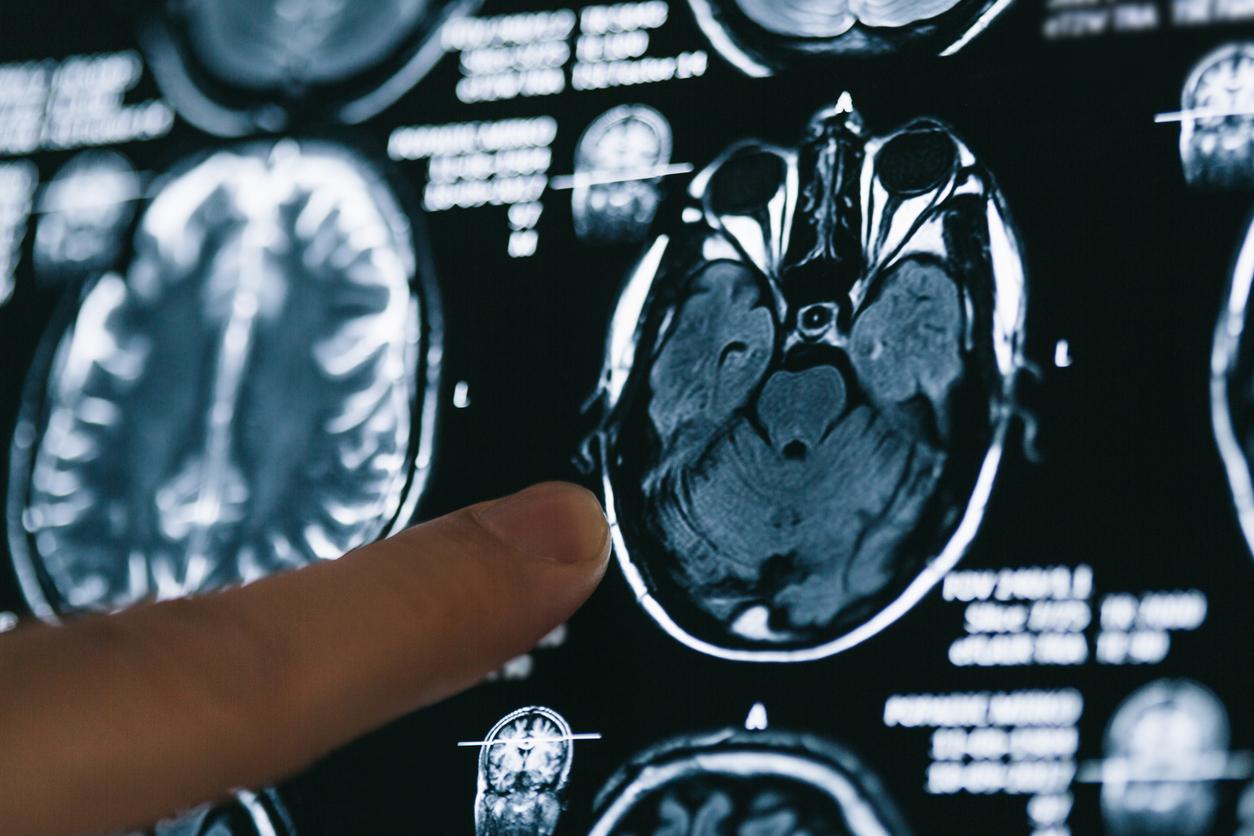An international team of scientists, led by Pr Gaël Nicolas from the CHU and the University of Rouen and Dr Jean-Charles Lambert from Inserm in Lille, has discovered new genetic mutations that could increase the risk of developing the disease. of Alzheimer’s.

- Alzheimer’s disease is characterized by different symptoms in patients: memory problems, the execution of simple gestures, orientation in time and space as well as cognitive functions.
- With age, the prevalence of Alzheimer’s disease increases: 15% of people over 80 are affected.
- Currently, there is no curative treatment for this pathology.
In France, 1.2 million people have Alzheimer’s disease, according to health insurance. This neurodegenerative pathology is in particular due to the formation of protein plaques – called amyloid plaques – around the neurons which prevent them, among other things, from functioning properly. But scientists still have great difficulty understanding all the mechanisms and factors involved in Alzheimer’s disease.
2 new genetic mutations that are risk factors for Alzheimer’s
Since 2012, an international team of scientists, led by Pr Gaël Nicolas from the CHU and the University of Rouen and Dr Jean-Charles Lambert from Inserm in Lille, are making human genetic studies. They had already identified rare mutations of three genes which could be associated with an increased risk of developing Alzheimer’s disease. In a study just published in the journal Nature geneticsthey announce that they have discovered two new genes that also carry certain rare mutations that increase the risk of developing Alzheimer’s disease
To achieve this result, the researchers analyzed the genetic data of more than 30,000 people of different nationalities, half of whom have Alzheimer’s and the other half do not. “We fed them into a super computer that examines the exomes, the heart of the genetic code, which produces proteins”explains Professor Gaël Nicolas to News.
Dementia: identifying genetic mutations to prevent it
“By specifically studying the regions of DNA that code for the proteins in our body (the exons), the researchers were able to establish a map of the rare deleterious variations that potentially modify the biological functions of these proteins, can we read on the press release from the University of Rouen. In particular, they were able to validate the involvement of rare variants in the SORL1, TREM2 and ABCA7 genes, but also identify two new major genes, ATP8B4 and ABCA1, while a final one, ADAM10, remains to be confirmed. Certain rare genetic variations in these genes are associated with a significant increase in the risk of developing the disease, this impact being even more marked in the early forms of the disease”.
“This has fundamental research implications and helps us understand the mechanisms of Alzheimer’s disease.”explains Professor Gaël Nicolas who also indicates that this discovery “confirms that we are on the right therapeutic track because some of these identified genes are involved in the production of beta amyloids”, the protein involved in the formation of amyloid plaques.
The researchers also believe that identifying genetic mutations could help better identify people who are most at risk of suffering from Alzheimer’s disease. Ultimately, the objective would be to be able to identify them upstream in order to protect them, with a preventive treatment, from the development of this pathology.


















